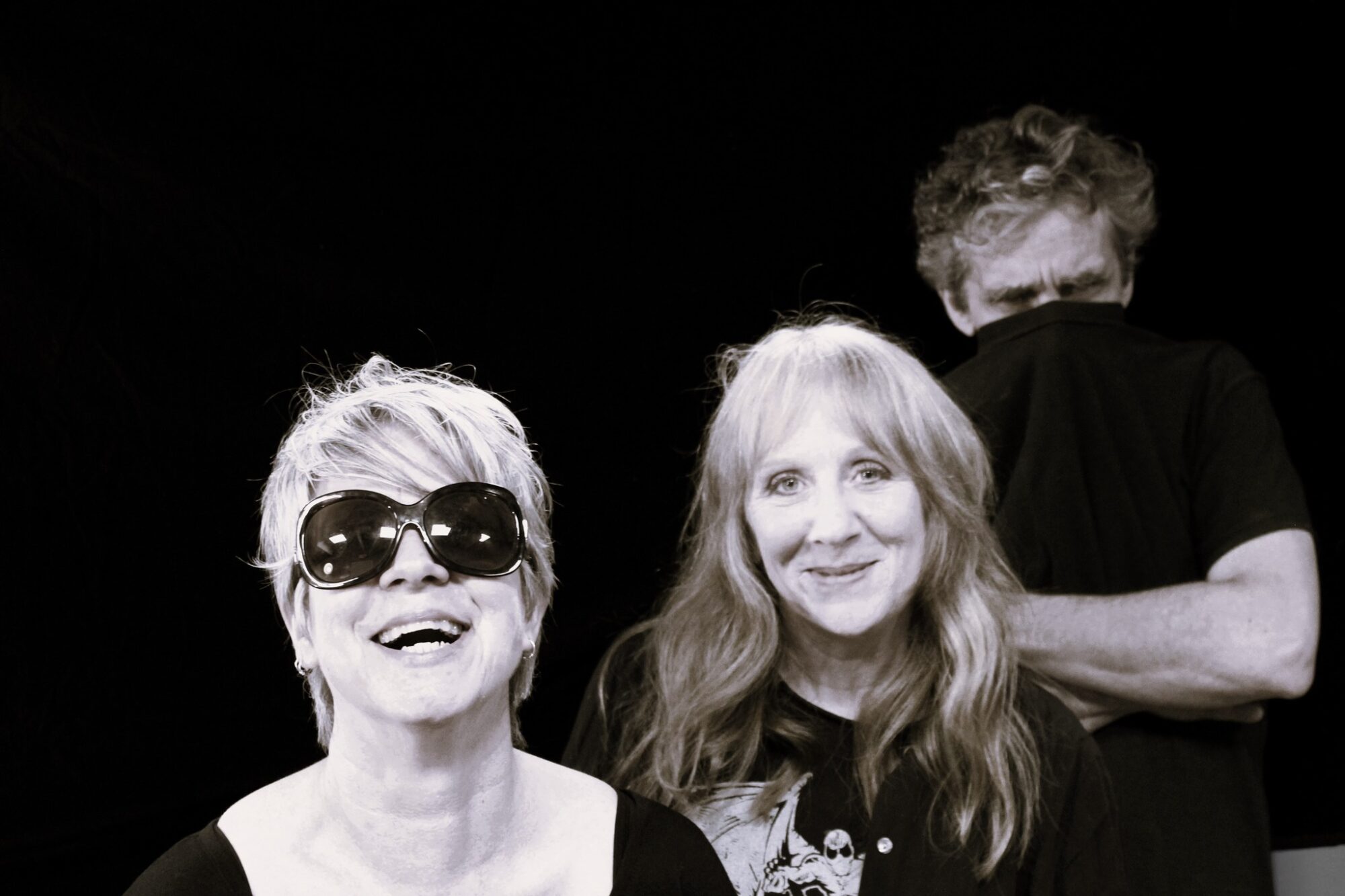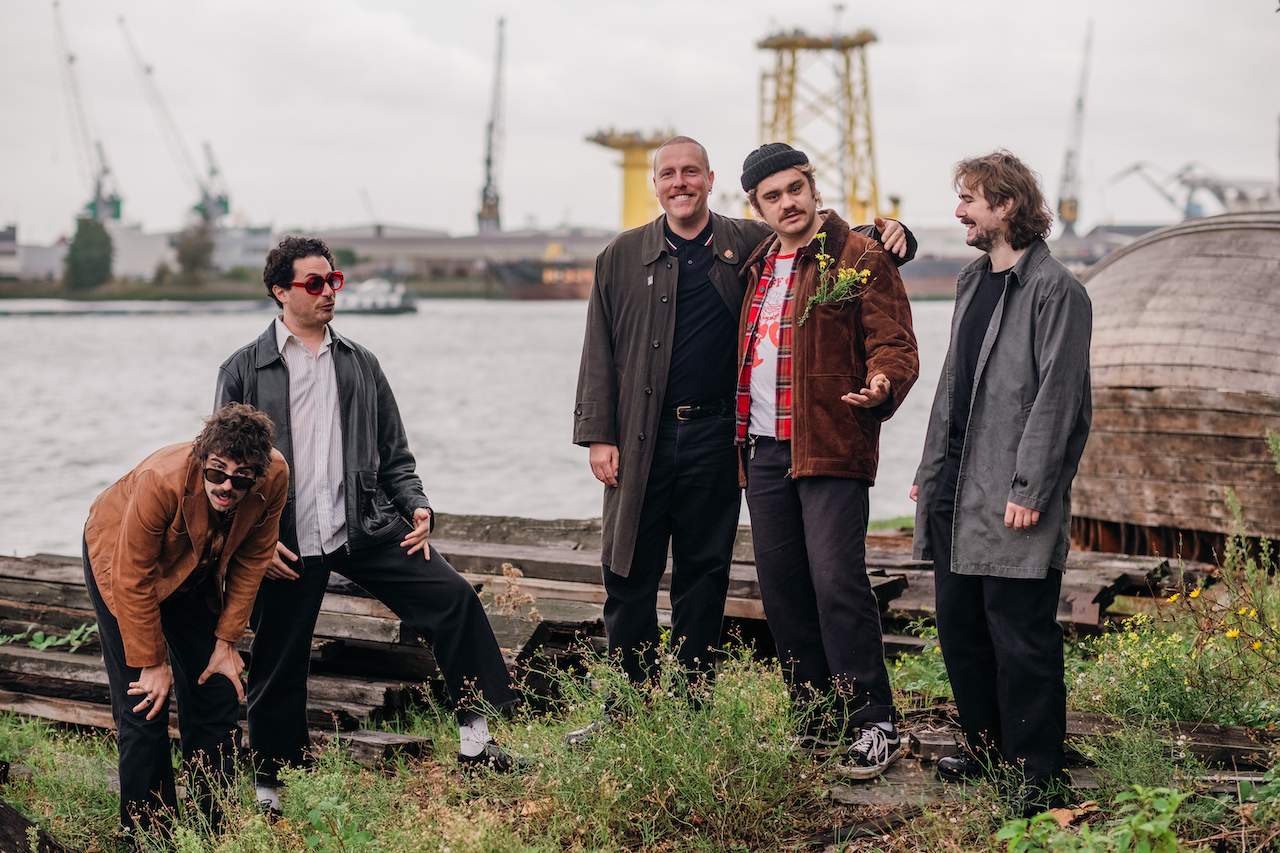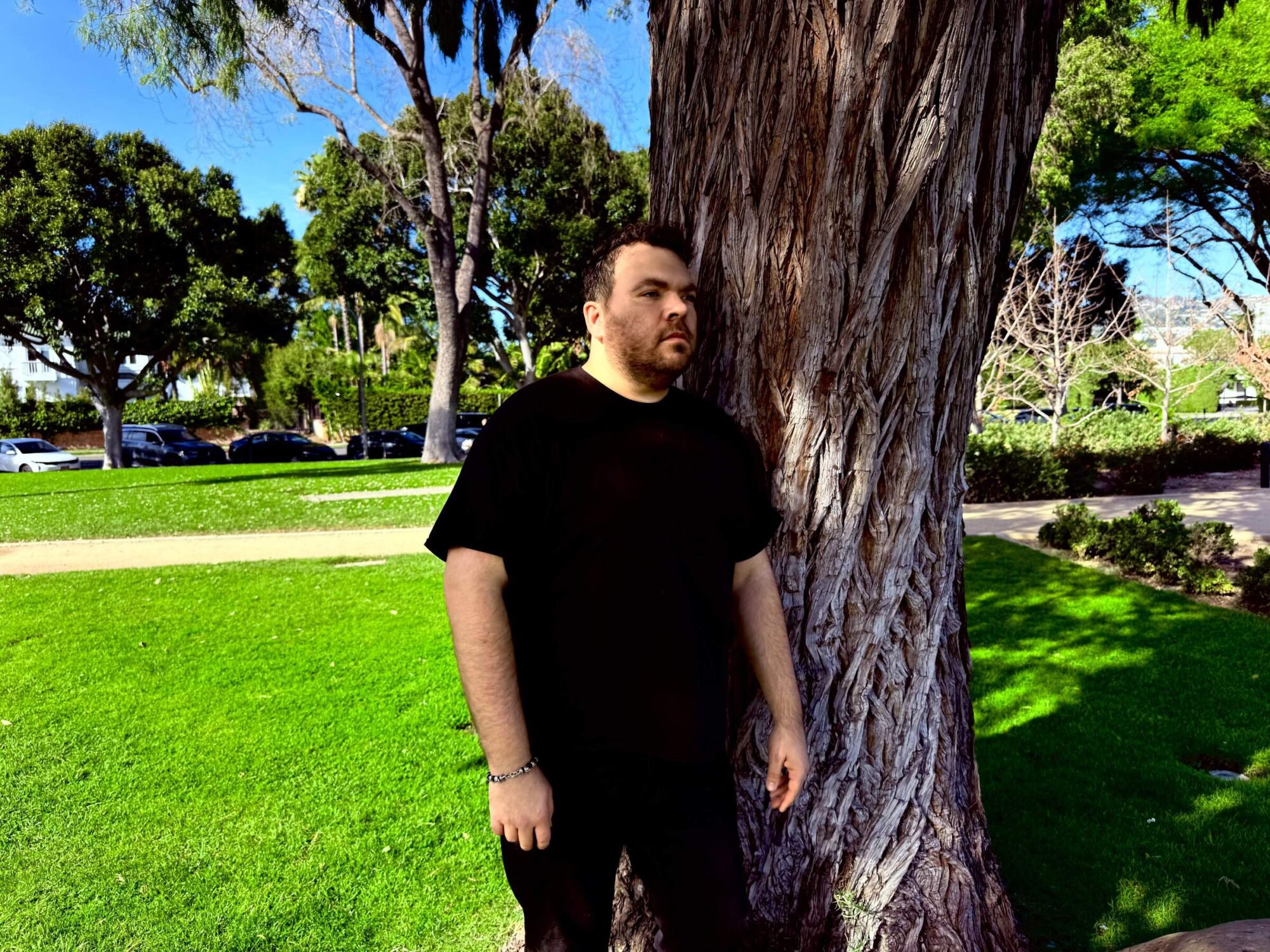Scrawl Talks Records and the Road to Dromfest
After their short-lived group Skull fell apart, vocalist and guitarist Marcy Mays and bassist and vocalist Sue Harshe formed Scrawl in Columbus, Ohio, in 1985, bringing in drummer Carolyn O’Leary.
The trio stumbled into their first show, realized they needed a new name, and Scrawl was born. The trio quickly established their unique sound, releasing early favorites like ‘Plus, Also Too,’ ‘He’s Drunk,’ and ‘Smallmouth.’ Sue remembers Columbus in the ’80s as a time of pure discovery, where starting a band felt inevitable. She and Marcy were mostly self-taught, chasing “happy mistakes,” an approach that carried them through their time with Rough Trade, Steve Albini’s no-nonsense guidance on ‘Velvet Hammer,’ and even into the strange Elektra years, where labels didn’t quite know what to do with them. Scrawl’s sound was defined by the powerful interplay of Mays’ and Harshe’s unadorned vocals and their abrasive, straightforward instrumentation. For them, it was always about friendship and songs that cut deep. You can catch them live in the latest edition of the Dromfest 2025.
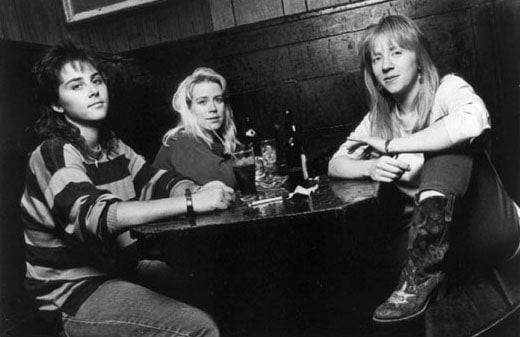
“What I love about that is today I still see and listen to some of the same friends I did in 1985.”
Okay, so ‘Plus, Also, Too’ drops in ’87, and it’s like this extremely garagey, unpolished gem. Looking back, what was the vibe like in those early days? Was it pure youthful abandon, or was there already that underlying sense of thoughtful intensity that became your hallmark?
Sue Harshe: I’m guessing the vibe was similar to other music scenes in the 1980s. Columbus was a college town, and there were easily 6–7 record stores within a one-mile radius. So, for me, that time was about the constant discovery of punk/indie music coming out. It felt like the natural progression was to just go ahead and start making music. I can’t speak for Marcy, but for me, it was kind of all about the immediacy of it all. It was exhilarating to be heard.
From what I’ve read, you guys were pretty much self-taught on your instruments early on. Does that sort of organic, learn-as-you-go approach still influence how you write and play today? Does it keep things from getting too… academic?
I studied piano for three years at OSU, but my heart wasn’t in it, particularly after I started playing in bands. Still, it didn’t hurt knowing a little music theory. Writing songs with Marcy involved more instinct, listening for the happy mistakes. We like not knowing where a song will end up.
‘He’s Drunk’ and ‘Smallmouth’ on Rough Trade – those albums felt like a natural progression, a deepening of your sound. Was there a conscious effort to evolve, or was it just you guys naturally finding your footing in the studio? What were the biggest lessons learned during that Rough Trade era, especially with all the label issues you reportedly faced?
I don’t think there was a conscious effort to change, but having more experience naturally prompted progression. For me, while on Rough Trade, I wouldn’t say I gained more confidence so much as I just learned what to expect. And the culture of whichever studio and/or engineer/producer we were involved with at the time definitely contributed to the overall feeling.
‘Velvet Hammer’! Man, that album, especially with Steve Albini at the helm, just hits different. It’s got this undeniable power and directness. What was the magic in that collaboration? Did Albini push you in ways you hadn’t expected, or was it more about him perfectly capturing what you were already doing?
He was the first engineer who didn’t have grand designs on furthering his own career, didn’t want to remake our sound, and was always very honest with us. We really responded to his proletariat approach to recording, and he was a serious gearhead who really understood how to make our instruments sound the way we thought they should sound. Steve most definitely helped Marcy and me develop confidence in the recording studio. And we just enjoyed being around him. He was a funny and interesting guy. And a friend.
So many bands from your era were chasing trends, trying to fit into the next big thing. Scrawl always seemed to exist in its own orbit. Was it ever a struggle to resist that external pressure, or was it simply ingrained in the Scrawl DNA to just do your own thing, come hell or high water?
It wasn’t until we signed with Elektra that there was ever a conversation about “branding” and “trends.” If anything, Elektra just didn’t know what to do with a band that didn’t have an “image”—or I should say, they didn’t know what to do with a female band that didn’t have an image. Honestly, we were not too bothered because Scrawl has always been pretty insular, but I think the industry had little to no imagination when it came to supporting and promoting atypical bands.
‘Travel On, Rider’ and ‘Nature Film’ on Elektra. Going to a major label must have been a whirlwind. What were the biggest eye-openers, good or bad, about that experience? Did you feel like you had to compromise your sound or vision at all, or was it more about fighting to keep your integrity intact?
Again, it wasn’t so much that we were struggling to keep our integrity intact; it was Elektra being baffled by what to do with us. There were wonderful things about being on a major label—we recorded in amazing places and had some truly weird, singular experiences we would not have had otherwise, but we didn’t really want to be famous, and major labels don’t know what to do with bands that aren’t aggressively self-promoting.
There’s a certain resilience to Scrawl’s story—the hiatuses, the shifts in drummers, the industry frustrations. What keeps you coming back to it? Is it the pure joy of making music together, the enduring friendship, or something else entirely?
All of the above. Marcy and I have developed a shorthand when we write songs together or when we communicate on stage. It’s a relationship you realize, at an older age, that you do not want to take for granted.
What’s one song from your back catalog that you feel is truly underrated, one that maybe didn’t get the attention it deserved but still resonates deeply with you? And why?
For me, it is ‘Tell Me Now, Boy.’ Those lyrics are so pointed and poignant. More than any other song, when I hear it, it takes me right back to a very specific time in our lives.
The Columbus scene has been a bedrock for you guys. How has it evolved over the decades, from your perspective? And how much does being rooted there influence your creative process, if at all?
Someone once suggested to me that every rock and roll generation is about seven years. If that’s the case, we’ve lived through at least six iterations of the Columbus music scene. What I love about that is today I still see and listen to some of the same friends I did in 1985. There seems to be room for everybody now. Living in Columbus made it easier to make music, tour, and have a meaningful home and community life.
Let’s go way back! If we were to step into your teenage room, what kind of records, fanzines, posters, et cetera would we find there?
I was a crazed Beatles fan in my very early teens. I had every record and watched every movie. I once checked out the published script for ‘A Hard Day’s Night’ from our local library and retyped the entire book on my mom’s manual typewriter so that I could have a copy of it forever.
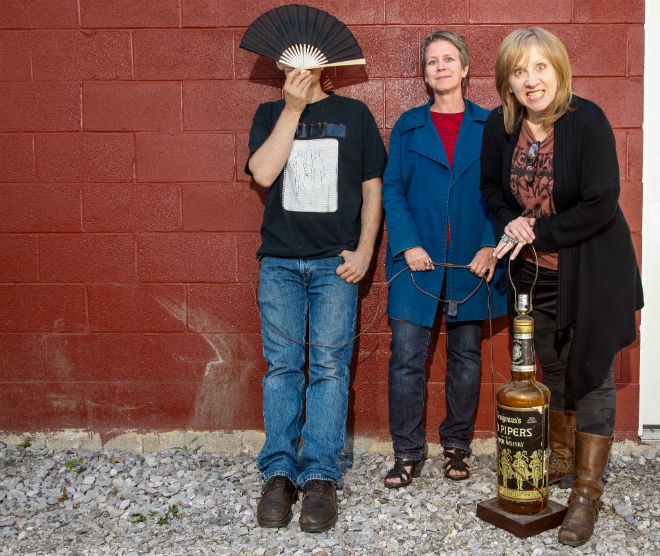
Alright, Dromfest 2025! We’re all counting down the days. What can the audience expect from a Scrawl set at Dromfest? Are you bringing out any deep cuts, or maybe even something brand new? And what are you most looking forward to about playing this particular festival?
Honestly, all Scrawl songs are deep cuts at this point. It should be an interesting set. Our drummer Jovan could not make it, so we’ll be playing with Luther Gray, thanks to the efforts of Jenny Toomey. Luther has been super enthusiastic and a real mensch throughout this entire endeavor, so I’m excited to see what the three of us do together.
Klemen Breznikar

